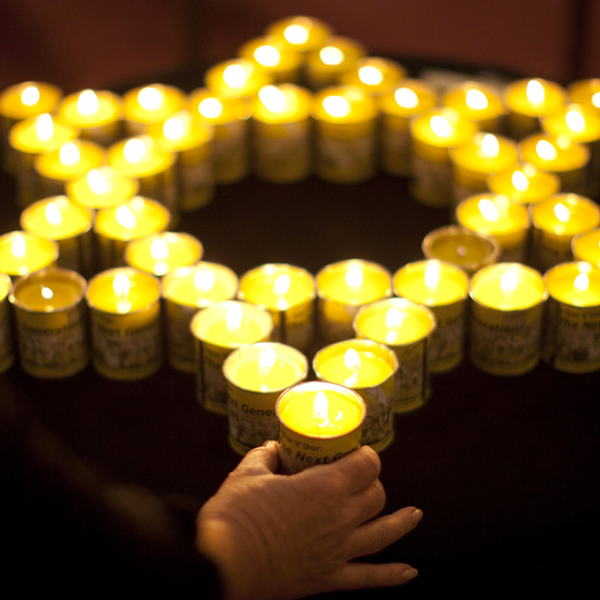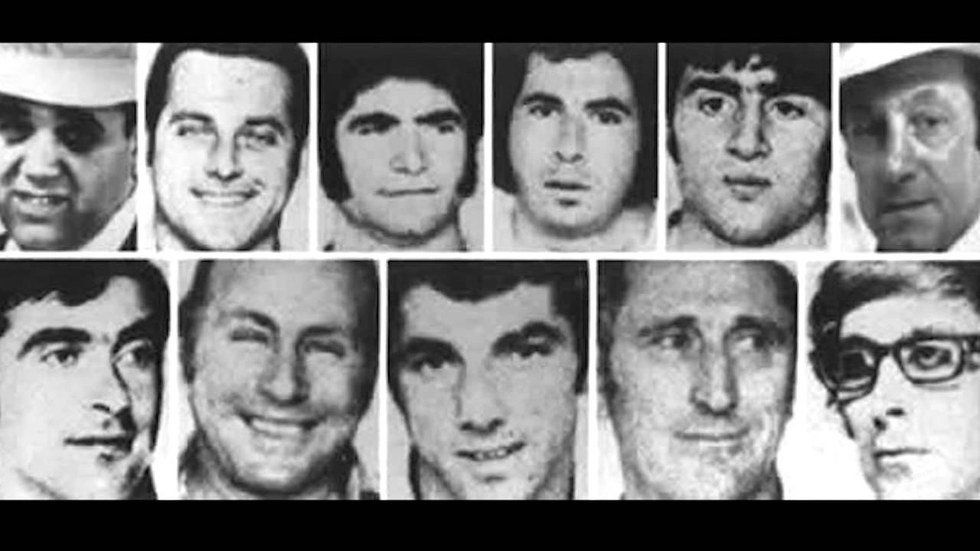This past Labor Day Weekend was the anniversary of the 1972 Munich Olympic Games massacre. It has been more than four decades since 11 Israeli athletes were held hostage and eventually murdered by the Palestinian terrorist group Black September. The significance of this past Olympic games in relation to what happened in Munich was unparalleled. For the first time, 44 years later in 2016, the International Olympic Committee formally honored the Israeli team members who were taken away from us.
Understanding the nuanced significance of this event does not come easily. What many people fail to understand is that more often than not, Israel is demonized on the international stage. So the fact that a major international institution, such as the Olympics, would come forth with such a poignant gesture is a huge deal, particularly for the millions of Jews and Israelis worldwide like myself.
For a general historical background on Israel and Palestine, at the end of WWII, the British Mandate of Palestine, as it was then-called, was about to expire. In 1948 the Mandate was officially no more and the first Prime Minister of Israel, David Ben-Gurion, declared the establishment of a Jewish state. There were indeed so-called Palestinians living on what is now Israeli land at the time, and obviously, with their former government no longer in operation, they had incentives to leave. Economically speaking, the Palestinian economy was a mess. Over 250,000 people were displaced or expelled. Certain important political players were starting to formulate their own agendas and opinions. This was a time of Arab nationalism. The Israeli-Palestinian conflict, as we call it today, is really a series of conflicts that have erupted since the emergence of Israeli statehood, that concern a variety of disagreements and wars over statehood “solutions” for both Israel and Palestine, as well as religious and ethnic tensions that have plagued the region for centuries.
Now that we are caught up on the history, fast-forwarding to the '70s, we see that in general, with relation to U.S. and Israeli foreign policy, this was a time of heightened global security concerns. The U.S., Israel, and various European and Arab nations were entangled in terrorist threats and attacks. For example, from September 6, 1970 until September 9, 1970 alone there were four airplane hijackings all carried out in connection to either Palestinian or other terrorist groups all targeting Americans, Israelis and Europeans on their way to their various destinations. And these airplane hijackings are specific to just one kind of terrorist attack. We can’t discount the terrorist attacks that happen inside Israel’s borders every day. So what’s the deal with Black September? Founded in 1970, the Black September Organization (BSO) was a state-sponsored terrorist organization that was primarily funded and controlled by the Fatah, a faction of the Palestinian Liberation Organization (PLO), which is the ruling party of the current Palestinian leader, Mahmoud Abbas.
It was 4:30 in the morning of September 5th, 1972 when five BSO terrorists entered the Olympic Village. Before 9:30 am, the terrorists had already killed several teammates, coaches, and other affiliated members of the Israeli Olympic team. A rescue plan was later formed and at about 10:30 pm, German sharpshooters attempted to kill the terrorists but had been misinformed on how many of them there actually were: eight in total, not five. Without enough marksmen, the rescue plan failed. A shootout ensued at the NATO airbase at Firstenfeldbruck. Eventually, the remaining terrorists killed all surviving Israelis. There were 11 terrorists in total, 8 of which were later assassinated by the Israeli Mossad (their version of our CIA) and the other three either died of natural causes or were also assassinated, but it is unclear whether or not by Israeli forces. The explanation of these events has obviously been condensed, but for general understanding, the entire episode lasted from 4:30 am on September 5th until approximately 3 am the next day. Close to an entire 24 hours had passed and in that time frame, German military action had failed tremendously.
So many years later, after so many lives have been lost in the greater battle for world’s only Jewish state, we all came together to return to a world stage that is meant to represent harmoniousness through athleticism and sportsmanship, and yet, we still come across instances of intolerance and conduct that is irreprehensible beyond belief. Look no further than Israeli judoka Ori Sasson’s Olympic story, when his Egyptian opponent openly snubbed him and refused to shake hands after the match. In judo, this not only a huge violation of etiquette, but to the Olympic committee, it was also an offense of the rules. Or, we can talk about the Israeli Olympic team being asked to share a bus with the Lebanese delegation, which outright refused to be paired with Israelis by blocking their entry onto the bus before heading to the opening ceremony. So even in today’s Olympics, we routinely see displays of hostility towards Jews and Israelis (yes, these are two separate things). Despite the overarching themes of the persistence of anti-Semitism on the international stage coming from other governing bodies like NATO or the UN/UNESCO, we see a glimmer of hope in the small but powerful statement made this past August during the official honoring of the slain Israeli Olympic teammates.
But why is that more often than not, benevolent actors fail to stand up to the face of evil during the times that it matters most? And put even more simply, why does it take so long for people to come forward and admit to the mistakes they made and the promises that they could not keep? I know that these questions, set in the backdrop of such serious events, might downplay their overall importance, but we cannot just take them at face value because in actuality, they serve a greater purpose in understanding our humanity. While the action was small, and long overdue, it still happened. Israel and Jews worldwide can choose to be satisfied with what we get from the rest of the world in terms of apologies and reprisal. Or, another option is to acknowledge those gestures, however small or large they may be, but to not take them for their sentimental value and instead, raise a critical debate over whether or not they mean anything at all. Because the fact of the matter is very simple, and while I sometimes dislike to propagate this question, it is of the utmost importance today: do we choose to be survivalists or suicidal? Do we choose to lie down and accept a “fate” or do we actively seek the change that we desire?





















